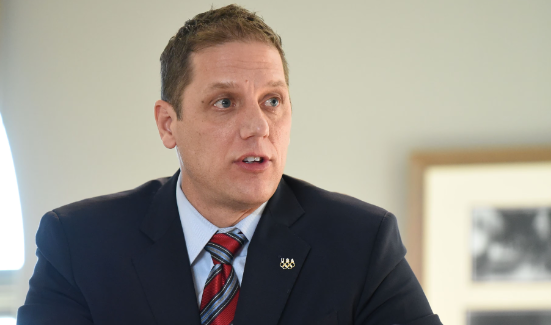Embarking on a career as a professional cyclist is an exciting and challenging endeavor. To help you navigate the world of professional cycling, Marty Nothstein, a renowned cycling legend, shares valuable insights on how to prepare yourself physically and mentally. Here are some essential steps to take as you embark on your journey towards professional cycling.
1. Understand Professional Cycling Data: Familiarize yourself with the tools and technology that are integral to professional cycling. Power meters, heart rate monitors, and cadence sensors provide crucial data for tracking your performance and progress. Learn how to interpret and utilize this data effectively to optimize your training and race strategies. Understanding your power output, heart rate zones, and cadence will give you valuable insights into your fitness level and help you make informed decisions during workouts and races.
2. Know Your Body: As a professional cyclist, it’s vital to understand your body’s response to training. Keep a detailed log of your workouts, including factors such as intensity, duration, nutrition, sleep, and any other variables that may impact your performance. This record will help you identify patterns, recognize areas of improvement, and prevent or address injuries effectively. Being in tune with your body will enable you to make necessary adjustments and optimize your training regimen.
3. Prioritize Health and Wellness: Professional cycling demands a high level of physical fitness and mental resilience. Make your well-being a priority by maintaining a balanced and nutritious diet, engaging in regular exercise, and getting sufficient rest. Adequate sleep is particularly crucial when traveling for races to ensure optimal recovery and performance. Additionally, don’t overlook the importance of periodic rest periods to allow your body to recover from training and racing-related fatigue and injuries.
4. Seek Professional Guidance: Consider working with experienced coaches, trainers, and sports medicine professionals who specialize in cycling. Their expertise will provide you with structured training plans, personalized advice, and guidance to enhance your performance and prevent injuries. A professional support system can help you navigate the complexities of professional cycling and optimize your training strategies.
5. Cultivate Mental Resilience: Professional cycling requires mental fortitude to endure the physical demands, overcome challenges, and remain focused during races. Develop mental resilience through techniques such as visualization, goal setting, and positive self-talk. Cultivating a strong mindset will help you stay motivated, maintain confidence, and perform at your best in competitive environments.
Preparing yourself for professional cycling involves a holistic approach that encompasses physical training, understanding data, nurturing your body, prioritizing health, seeking professional guidance, and cultivating mental resilience. Marty Nothstein By embracing these steps, you’ll be better equipped to embark on a successful and fulfilling career as a professional cyclist. Good luck on your cycling journey!
How to Prepare Yourself in Professional Cycling
